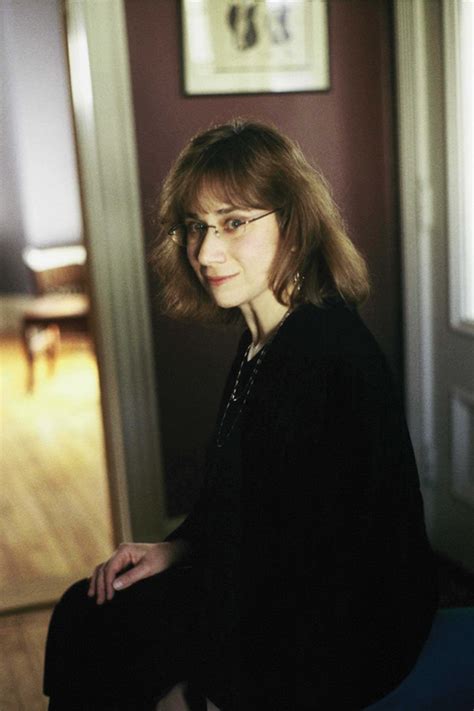A Quote by Walter Kirn
I disagree that Blood Will Out is a memoir in the conventional sense. It's the story of a relationship, primarily, not an individual. The "me" in the book is a specialized version of me, the person who Clark manipulated and fooled. I could cover the same years of my life from an entirely different perspective in another book, by concentrating on my experience as a husband, say. But I was selective. I focused on my duping.
Quote Topics
Another
Blood
Book
Clark
Concentrating
Conventional
Could
Cover
Different
Different Perspective
Disagree
Entirely
Experience
Focused
Fooled
Husband
Individual
Life
Manipulated
Me
Memoir
My Life
Out
Person
Perspective
Primarily
Relationship
Same
Say
Selective
Sense
Specialized
Story
Version
Will
Years
Related Quotes
After I wrote my memoir, 'A Long Way Gone,' I was a bit exhausted. I didn't want to write another memoir; I felt that it might not be sane for one to speak about himself for many, many, many years in a row. At the same time, I felt the story of 'Radiance of Tomorrow' pulling at me because of the first book.
I often like to think that our map of the world is wrong, that where we have centered physics, we should actually place literature as the central metaphor that we want to work out from. Because I think literature occupies the same relationship to life that life occupies to death. A book is life with one dimension pulled out of it. And life is something that lacks a dimension which death will give it. I imagine death to be a kind of release into the imagination in the sense that for characters in a book, what we experience is an unimaginable dimension of freedom.
Adaptation is always the same process for me, which is some version of throwing the book at the wall and seeing what pages fall out. It is trying to imagine, remember the story, read it, put it down, and then write sort of an outline without the book in front of you with some hope that what you like about it will be filtered and distilled out through your memory and then that will be similar to what other people like about it.
The process for writing a picture book is completely different from the process of writing a chapter book or novel. For one thing, most of my picture books rhyme. Also, when I write a picture book I'm always thinking about the role the pictures will play in the telling of the story. It can take me several months to write a picture book, but it takes me several years to write a novel.
Speaking of trust, ever since I wrote this book, 'Liespotting,' no one wants to meet me in person anymore - no, no, no, no, no. They say, 'It's okay. We'll email you.' I can't even get a coffee date at Starbucks. My husband's like, 'Honey, deception? Maybe you could have focused on cooking. How about French cooking?'
I hadn't had a book in my hands for four months, and the mere idea of a book where I could see words printed one after another, lines, pages, leaves, a book in which I could pursue new, different, fresh thoughts to divert me, could take them into my brain, had something both intoxicating and stupefying about it.
Looking back over the years, I realize the Bible isn't magic, but it is corrective; it isn't an answer book, it is a living book; it isn't a fix-it book, it is relationship book. When I confront God's word, I am confronted; when I read God's word, it reads me; when I seek God's presence, He seeks me.
No matter how beautiful and loved a cover may be, the jury on it remains uncommitted until the book has been in the world for a while. Perhaps bookstore buyers will be indifferent. Perhaps it will be lost on store shelves. Perhaps there's another book or two out there using the same or a similar photo.
The book is finished by the reader. A good novel should invite the reader in and let the reader participate in the creative experience and bring their own life experiences to it, interpret with their own individual life experiences. Every reader gets something different from a book and every reader, in a sense, completes it in a different way.







































